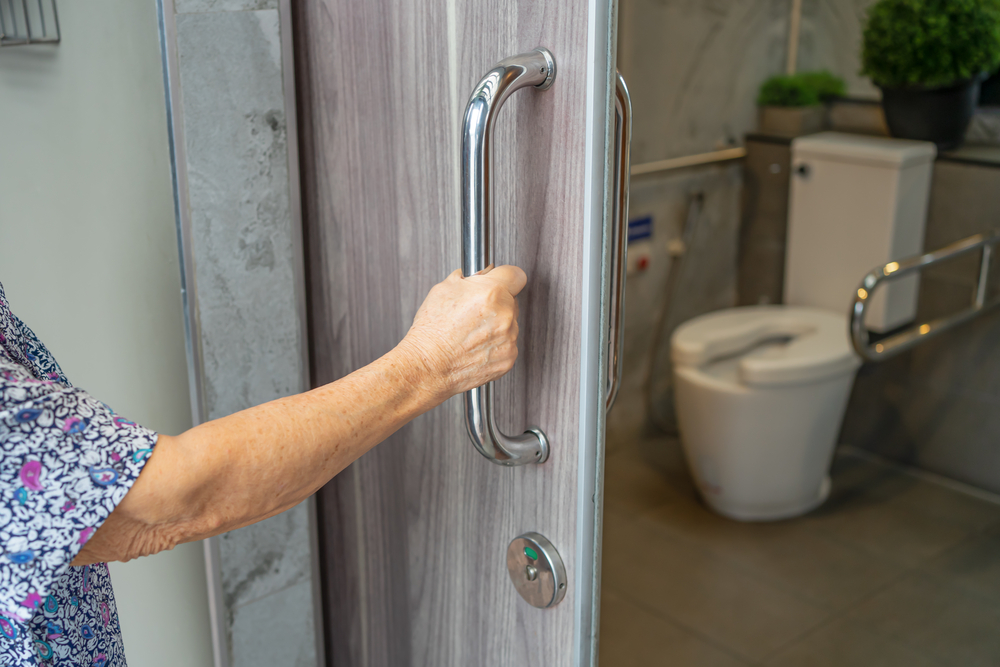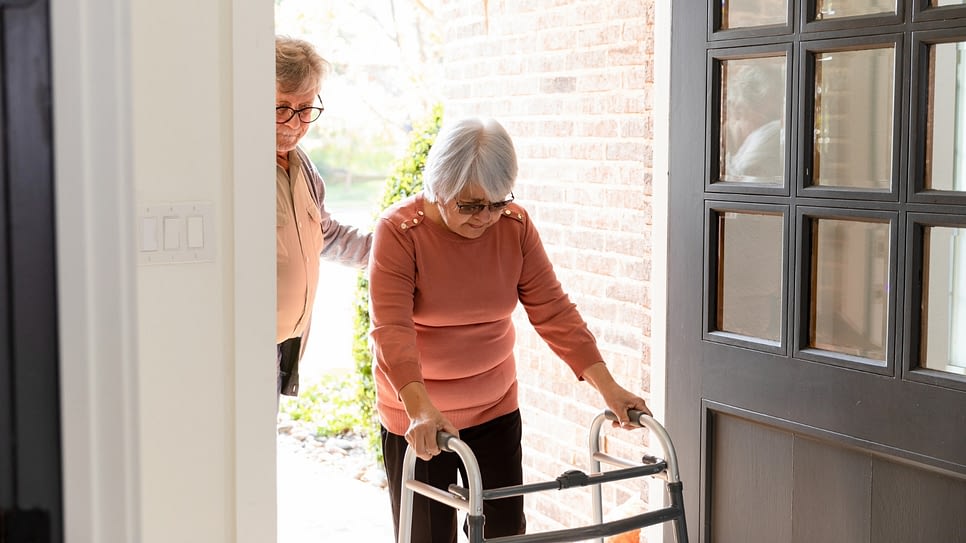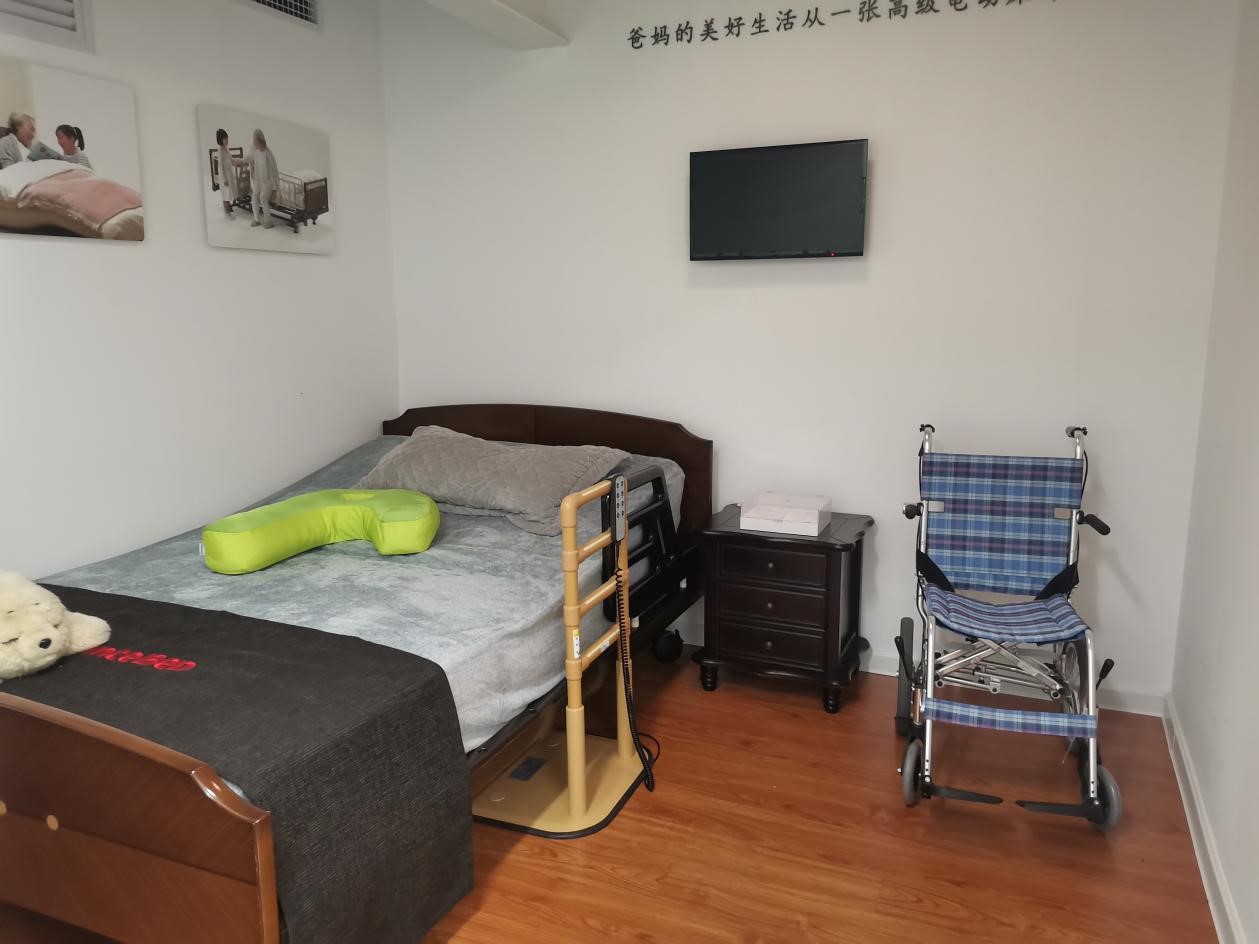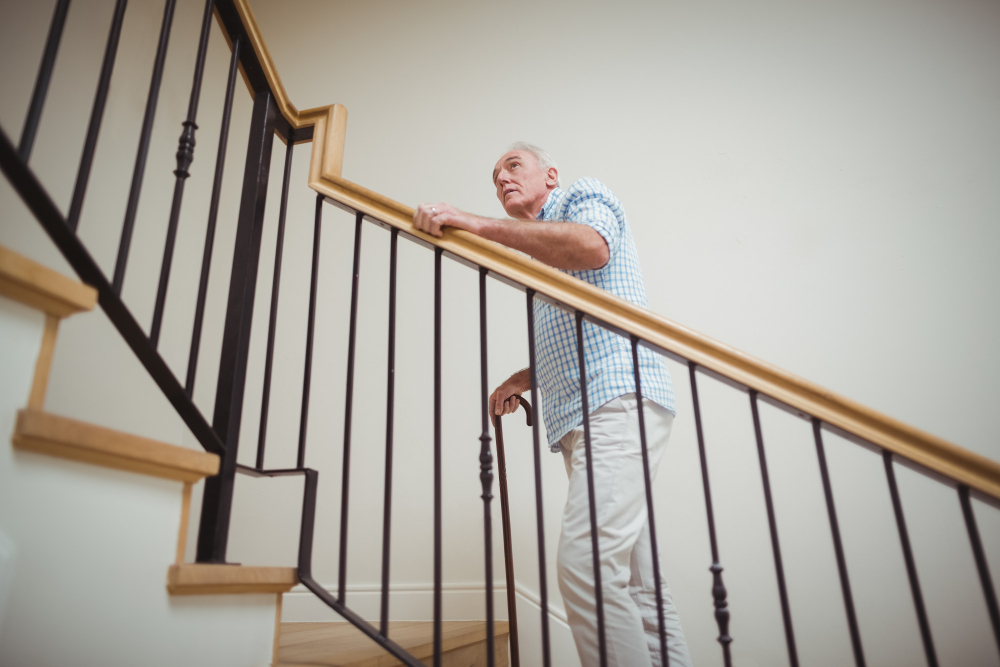Gardening is a cherished pastime that brings joy to people of all ages, but it holds particular significance for seniors. As we age, engaging in safe gardening for seniors can offer numerous physical, mental, and emotional benefits. However, it’s crucial to take specific precautions to ensure the experience remains enjoyable and risk-free. In this article, we explore various strategies and tips to promote safe gardening for seniors, allowing them to reap the rewards of this fulfilling activity.

Benefits of Gardening for Seniors
Physical Health Advantages
Gardening offers a gentle form of exercise that helps improve flexibility, strength, and endurance. For seniors, engaging in gardening tasks like planting, weeding, and watering can promote physical health by keeping muscles active and joints flexible. Regular gardening can also help seniors maintain a healthy weight, reducing the risk of chronic diseases.
Mental and Emotional Wellness
Gardening is a therapeutic activity that can reduce stress and anxiety levels in seniors. The act of nurturing plants and spending time in nature can boost mood and provide a sense of accomplishment. Additionally, gardening can serve as a meditative practice, promoting mindfulness and relaxation.
Essential Safety Tips for Senior Gardeners
Choose the Right Tools
Using the appropriate gardening tools is vital for safe gardening for seniors. Opt for lightweight, ergonomic tools that are easy to handle and reduce strain on the hands and wrists. Tools with long handles can help seniors reach plants without bending or stretching excessively.
Plan for Accessibility
Designing a garden with accessibility in mind is crucial. Raised garden beds and vertical gardens are excellent options for seniors, as they minimize the need to bend or kneel. Additionally, ensuring clear pathways and stable surfaces can prevent falls and accidents.
Stay Hydrated and Sun-Safe
Gardening often involves spending extended periods outdoors, so staying hydrated is essential. Encourage seniors to drink plenty of water and take regular breaks in shaded areas. Wearing a wide-brimmed hat, sunscreen, and lightweight clothing can protect against sunburn and heat-related illnesses.
Creating a Senior-Friendly Garden
Incorporate Raised Beds
Raised garden beds are perfect for safe gardening for seniors as they reduce the need to bend or kneel. These beds can be built at a height that allows seniors to comfortably tend to their plants while sitting or standing.
Install Comfortable Seating
Having comfortable seating within the garden provides seniors with a place to rest and enjoy the beauty of their surroundings. Benches or chairs with sturdy backs and armrests are ideal for ensuring stability and support.
Gardening Companions and Community
Gardening with Family and Friends
Gardening can be a social activity that brings family and friends together. Encouraging seniors to garden with loved ones not only provides companionship but also ensures assistance is available when needed.
Joining Gardening Clubs
Many communities have gardening clubs that welcome members of all ages. Joining a gardening club can provide seniors with opportunities to share experiences, learn new techniques, and make new friends.
Maintaining Garden Safety
Regular Garden Maintenance
Keeping the garden well-maintained is essential for safety. Regularly trimming overgrown plants, removing debris, and checking for hazards like uneven surfaces can prevent accidents.
Utilize Technology
Technology can play a role in ensuring safe gardening for seniors. Consider installing smart garden sensors that monitor soil moisture and weather conditions. These devices can provide valuable information to help seniors care for their plants more efficiently.
For more on home safety, check this Alexa safety guide.
Gardening for Cognitive Health
Stimulating the Mind
Gardening can stimulate the mind by encouraging problem-solving and creativity. Planning a garden layout, selecting plants, and nurturing them to maturity involve cognitive processes that can help keep the mind sharp.
Memory Enhancement
Engaging in gardening activities can enhance memory by providing seniors with opportunities to learn and remember plant care techniques. The sensory experience of gardening, such as touching soil and smelling flowers, can also trigger memories and emotions.
Environmental Benefits of Gardening
Promoting Biodiversity
Gardening contributes to biodiversity by creating habitats for various insects and wildlife. Seniors can play a role in supporting local ecosystems by planting native species and attracting pollinators.
Reducing Carbon Footprint
Gardening can help reduce carbon footprint by promoting sustainable practices like composting and using organic fertilizers. Seniors can actively contribute to environmental conservation by adopting eco-friendly gardening techniques.

FAQs on Safe Gardening for Seniors
Why is gardening beneficial for seniors?
Gardening is beneficial for seniors as it provides physical exercise, mental stimulation, and emotional well-being. It also encourages social interaction and a sense of purpose.
What safety measures should seniors take while gardening?
Seniors should use ergonomic tools, plan for garden accessibility, stay hydrated, and wear sun protection while gardening. Regular maintenance and utilizing technology can also enhance safety.
How can family members support seniors in gardening?
Family members can support seniors by gardening together, ensuring the garden is safe and accessible, and encouraging participation in community gardening activities.
For more tips, explore this home renovation guide for seniors.
This article contains affiliate links. We may earn a commission at no extra cost to you.






